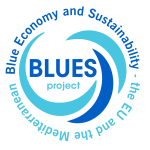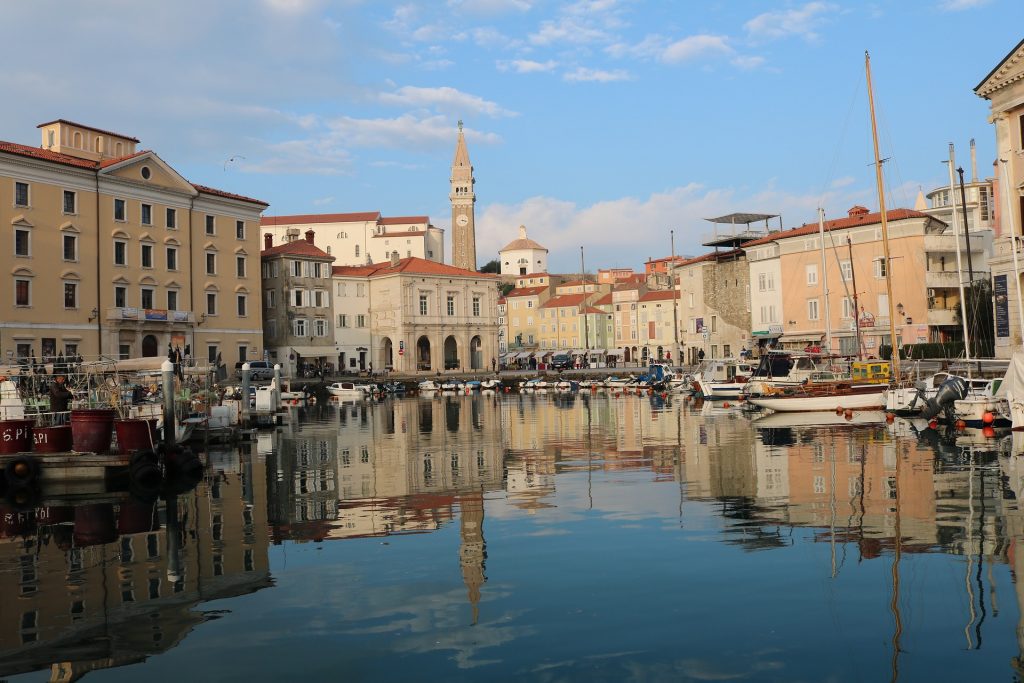The goal of the summer school is to support the creation of stable and attractive career pathways and skilled talents that will be needed to support the expansion of marine and maritime sectors.
Specific objectives of the summer school are:
- to increase professional skills and the quality of research in marine sciences and governance, climate-related aspects, environmental protection and integrated management of coastal areas;
- to increase the educational offer in support of the current economic development and growth, with particular focus on activities and aspects related to the sea;
- to identify actions, partnerships and financing instruments that can help scale-up activities that ultimately result in sharing research outcomes and disseminating scientific knowledge.
This summer school is co-organised by OGS and EMUNI. The Italian National Institute of Oceanography and Applied Geophysics works within the framework of its Blue Growth Initiative supported by the Italian Ministry of Education, University and Research (MIUR) as part of the Italian contribution to the Western Mediterranean Forum (Dialogue 5+5) and submitted for labelling to the Union for the Mediterranean (UfM). The Euro-Mediterranean University (EMUNI) was established as one of six priorities of the UfM in 2008 and has since 2017 identifies the issue of blue growth as key areas of its strategic orientation.
Themes and approach
The themes of summer school sessions are mostly related to the 5 priorities of blue economy as relevant for the entire region, i.e. the EU countries as well as non EU-countries. Themes will include, but are not limited to:
Blue growth in the EU and the Euro-Mediterranean region
- Governance context of blue economy
- Financing of blue economy
- Sustainable tourism paths
- Fisheries and aquaculture
- Marine spatial planning
- Maritime transport
- Ship building and ship recycling
- Blue energy
- Bioprospecting
- Deep sea exploration and mining
In examining these themes, the summer school will highlight the innovation and solution-oriented approach of the blue growth paradigm.
Participants will be asked to participate actively, including by submitting short assignments throughout the summer school.
Format
The face to face sessions will consist of 40 teaching hours, which will include lectures and field trips in Trieste (Italy) and Piran (Slovenia).
Participants
Postgraduate students of any discipline, especially from the Euro-Mediterranean countries and Black sea countries, are invited to apply.
Candidates must fulfil the following conditions:
- have completed undergraduate programme, obtained at least 180 ECTS (or equivalent);
- are eligible to study at the postgraduate level or are postgraduate students or researchers;
- have knowledge of English (level B2 or higher);
- have demonstrated an interest in the Euro-Mediterranean region and the theme of blue economy.
Students from diverse disciplinary backgrounds can be admitted.
Fees and costs
All selected participants (between 30 and 40) are offered a scholarship to cover their tuition fee, a return plane tickets between the airport of origin and a nearby airport (Trieste, Venice, Treviso) and a return transfer from airport to Trieste. Accommodation in Trieste, lunch on weekdays and study trips in Italy and Slovenia are also fully covered.
Please note that the Organising Committee will purchase the flight tickets and email you the electronic copy valid for travelling. Once the ticket is issued, you won’t be allowed to ask for any change, unless you re-arrange the whole booking procedure by yourself, including covering the difference and/or the penalty due to such a change. Participants need to be willing and able to bear the cost of dinners and any other costs not mentioned above.
Kindly note that we do not arrange visa procedures of any kind. Selected participants will need to immediately apply for a visa to enter the Schengen area (Italy and Slovenia) through the Italian diplomatic authorities in their country of origin. All costs for granting visas are to be covered by the Participant’s own means.



